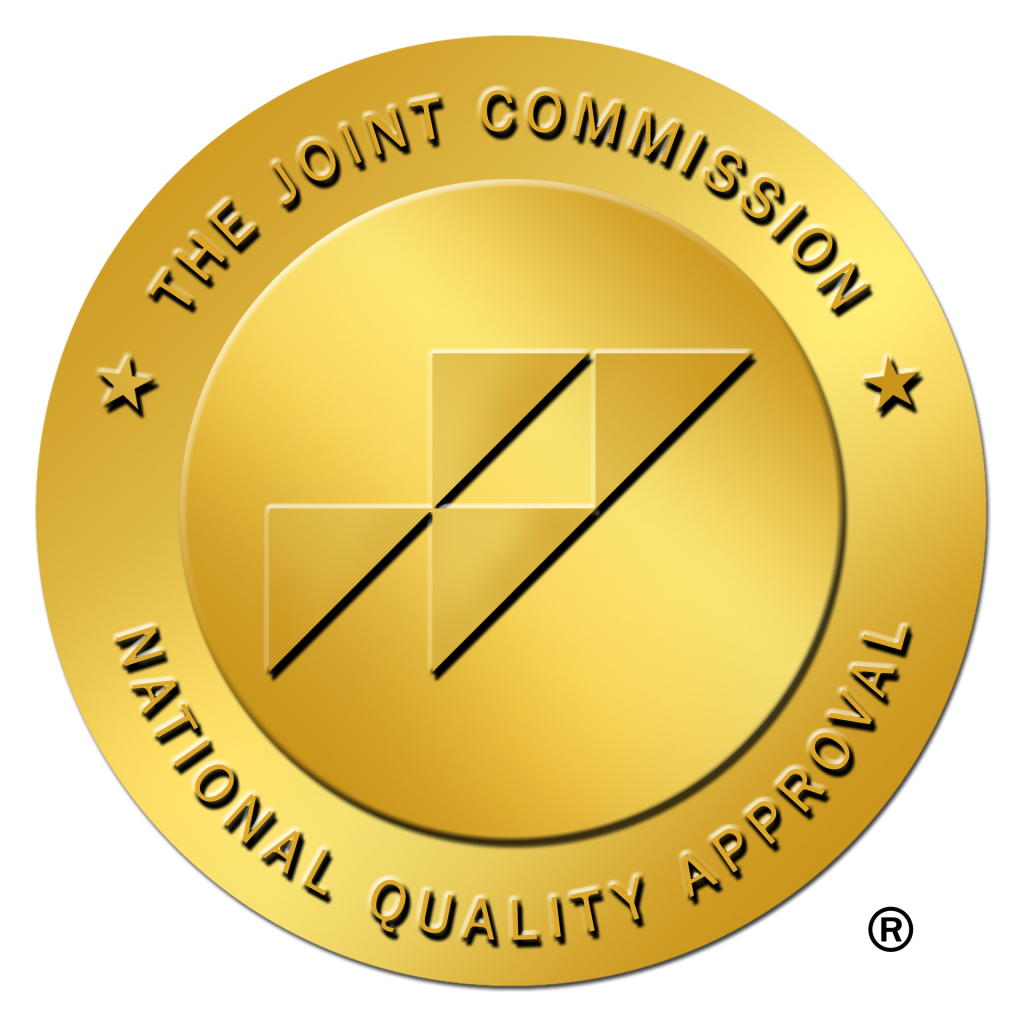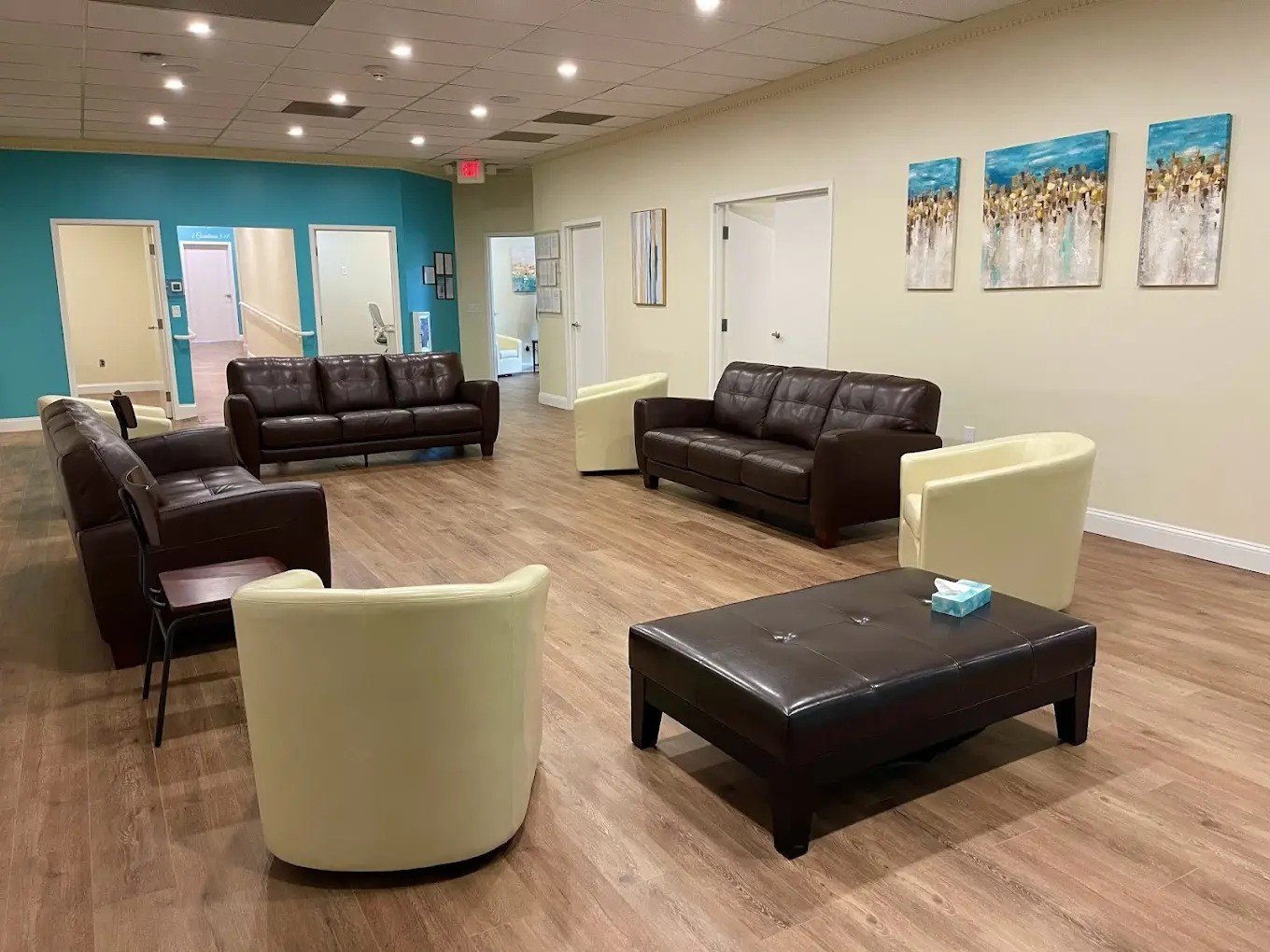Anxiety And Addiction Treatment Nj
Comprehensive Treatment Options
In the realm of anxiety and addiction treatment nj, a variety of approaches can be found to suit diverse patient needs. Treatments often range from intensive outpatient programs (IOP) to partial hospitalization programs (PHP). These frameworks provide patients with flexible schedules, enabling them to manage their daily responsibilities while receiving necessary care.
PHPs typically offer a more immersive experience, requiring patients to engage in therapeutic activities multiple days a week. This pathway is ideal for individuals needing structured support without full-time residential care. Conversely, IOPs present a more lenient schedule that caters to those balancing work or school commitments.
Additionally, outpatient programs (OP) serve as a stepping stone for those transitioning out of more intensive care. This level of treatment emphasizes relapse prevention and long-term recovery strategies, keeping patients connected to essential support systems while they reclaim their independence.
Personalized Care Approaches
A standout feature of New Chapter Recovery in Parsippany-Troy Hills is its commitment to individualized care. Each treatment plan is tailored to the unique needs of the patient, addressing both substance use disorders and co-occurring mental health conditions. This dual diagnosis approach ensures that patients receive comprehensive care that targets both addiction and underlying psychological issues.
By employing evidence-based therapies like cognitive-behavioral therapy (CBT) and dialectical behavior therapy (DBT), New Chapter Recovery provides patients with tools to understand and manage their conditions effectively. The inclusion of motivational interviewing and experiential therapy further enhances the therapeutic experience, offering diverse strategies to achieve lasting sobriety.
Specialized Therapy Tracks
New Chapter Recovery sets itself apart by offering specialized therapy tracks catering to various patient populations. This includes unique programs such as animal-assisted therapy, which harnesses the therapeutic benefits of interaction with animals to promote healing and emotional well-being.
For veterans, specialized treatment options are available, including those eligible for VA and Tricare benefits. These programs recognize the distinctive challenges faced by veterans and focus on providing care that respects their experiences and circumstances.
Faith-based recovery tracks also offer a spiritual dimension to treatment, allowing individuals to integrate their beliefs into the healing process. This approach can be particularly appealing to those seeking a holistic path to recovery.
Family Support in Treatment
A vital component of anxiety and addiction treatment nj is the involvement of family support. New Chapter Recovery acknowledges the significant role families play in the recovery process, offering family therapy sessions to engage loved ones actively.
Such involvement provides families with the tools they need to support their loved ones while managing their own emotional needs. Family therapy sessions are designed to improve communication, resolve conflicts, and strengthen the familial bond, which is crucial for sustained recovery.
Educational resources are also provided to families, empowering them with knowledge about addiction and mental health disorders. This education fosters a supportive environment that is conducive to healing and long-term sobriety.
Medication-Assisted Treatment
Medication-assisted treatment (MAT) is an essential component of comprehensive care for anxiety and addiction treatment nj. This approach combines medication with counseling and behavioral therapies to treat substance use disorders effectively.
At New Chapter Recovery, MAT is utilized to mitigate withdrawal symptoms and cravings, making the recovery process more manageable for patients. The combination of medical intervention and therapeutic support promotes a holistic recovery, addressing both physiological and psychological aspects of addiction.
Patients receiving MAT benefit from regular monitoring and adjustments to their medication regimen, ensuring that their treatment remains aligned with their evolving needs throughout their recovery journey.
Relapse Prevention Strategies
Long-term sobriety relies heavily on effective relapse prevention strategies, a primary focus of anxiety and addiction treatment nj. New Chapter Recovery places significant emphasis on educating patients about the triggers and warning signs of relapse.
Through structured OP care, individuals acquire skills to manage stress and avoid high-risk situations. Patients learn to develop coping mechanisms that empower them to navigate challenges without resorting to substance use.
The support system established during treatment, including peer groups and mentor relationships, plays a crucial role in maintaining accountability and motivation for continued sobriety.
Patients are encouraged to set realistic goals and celebrate milestones in their recovery journey. This approach fosters a sense of accomplishment and reinforces the commitment to sustained health and wellness.
Integrated Therapy Models
New Chapter Recovery’s integrated therapy models combine traditional 12-step principles with modern therapeutic modalities. This fusion offers patients a balanced approach to recovery, blending established methods with innovative treatments.
Group therapy sessions provide a platform for patients to share experiences and insights, fostering a collaborative healing environment. The camaraderie developed in these groups offers patients ongoing support, even after formal treatment ends.
Incorporating various therapeutic approaches ensures that patients have access to a broad spectrum of resources, empowering them to tailor their recovery journey to their personal preferences and needs.
Flexibility in Treatment Schedules
The flexibility offered in anxiety and addiction treatment nj is pivotal in accommodating diverse lifestyles. New Chapter Recovery’s programs are designed to blend seamlessly with the responsibilities of working professionals and students.
By providing options for evening and weekend sessions, the center ensures that patients do not have to choose between their recovery and their obligations. This flexibility makes treatment accessible to a wider demographic, helping more individuals on their path to recovery.
The ability to maintain daily routines while engaging in treatment fosters a sense of normalcy and control, which is beneficial in achieving lasting sobriety and mental wellness.
Patients appreciate the adaptable nature of the programs, which allow them to transition smoothly from more intensive treatment to maintaining their recovery long-term.
What are the comprehensive treatment options available for anxiety and addiction care at New Chapter Recovery?
At New Chapter Recovery in Parsippany-Troy Hills, we offer a range of treatment options designed to meet individual needs, including Partial Hospitalization Programs (PHP), Intensive Outpatient Programs (IOP), and standard Outpatient Programs (OP). These programs provide flexibility so patients can manage their personal responsibilities while receiving effective care. Our PHPs offer a more structured approach with several sessions a week, making it ideal for those needing significant support. In contrast, IOPs and OPs offer more flexibility, allowing people to balance treatment with their work or school commitments. This comprehensive approach ensures that everyone has access to the level of care they need without disrupting their daily routines. Are there specific factors you consider essential when choosing a treatment plan?
How does New Chapter Recovery tailor treatment plans to fit individual patient needs?
Personalized care is at the heart of New Chapter Recovery’s approach. Each treatment plan is customized to address the unique challenges and needs of the patient, particularly those involving co-occurring mental health conditions. Our dual diagnosis approach ensures that both addiction and underlying psychological issues are treated simultaneously, using evidence-based therapies such as Cognitive Behavioral Therapy (CBT) and Dialectical Behavior Therapy (DBT). By combining these therapeutic strategies with motivational interviewing and experiential therapy, we empower patients to understand and manage their conditions effectively. Personalized care plans are crucial because they consider each individual’s history and life circumstances, creating a truly supportive and effective treatment environment. How often do you believe treatment plans should be adjusted to remain effective?
What specialized therapy tracks does New Chapter Recovery offer to cater to diverse needs?
New Chapter Recovery recognizes the importance of specialized treatment options to meet the diverse needs of our patients. We offer unique programs such as animal-assisted therapy, which is particularly effective in improving emotional well-being and reducing anxiety. For veterans, we provide specialized treatment that acknowledges their unique challenges and respects their experiences, with options available for those with VA and Tricare benefits. Additionally, our faith-based recovery tracks allow individuals to incorporate their spiritual beliefs into their healing journey. These specialized therapies are designed to enhance the traditional treatment framework, offering additional layers of support and healing. Do you think having options like animal-assisted or faith-based therapy could make a significant difference in someone’s recovery?
How does family support impact the treatment process at New Chapter Recovery?
Family support plays a crucial role in the recovery process at New Chapter Recovery. We offer family therapy sessions to actively involve loved ones in the treatment journey, helping them learn how to support their family member effectively. These sessions focus on improving communication, resolving conflicts, and strengthening family bonds. We also provide educational resources to help families understand addiction and mental health disorders, fostering a supportive environment that aids long-term recovery. The involvement of family in treatment not only provides emotional support to the patient but also equips families with the tools they need to manage their own emotional needs. How important do you think it is for families to receive education about addiction?
What role does Medication-Assisted Treatment (MAT) play in recovery at New Chapter Recovery?
Medication-Assisted Treatment (MAT) is a vital component of the comprehensive treatment offered at New Chapter Recovery. MAT combines medication with counseling and behavioral therapies to provide effective treatment for substance use disorders. It helps alleviate withdrawal symptoms and cravings, making the recovery process more manageable for patients. This approach addresses both the physiological and psychological aspects of addiction, ensuring a holistic path to recovery. Regular monitoring and adjustments to the medication regimen ensure that treatment aligns with the patient’s evolving needs. The integration of medical and therapeutic support in MAT represents a balanced and effective strategy for achieving long-term sobriety. What are your thoughts on integrating medication into addiction treatment programs?
Why are relapse prevention strategies critical to sustaining recovery at New Chapter Recovery?
Relapse prevention strategies are essential for sustaining long-term sobriety at New Chapter Recovery. We prioritize educating patients about recognizing triggers and warning signs of relapse. Through structured outpatient care, individuals learn to manage stress and avoid high-risk situations by developing effective coping mechanisms. Our programs include peer support groups and mentorship, which provide a network of accountability and motivation. Setting realistic goals and celebrating milestones are also key components of our approach, as they foster a sense of accomplishment and reinforce commitment to health and wellness. Relapse prevention is not just about avoiding setbacks; it’s about empowering individuals with the tools to maintain sobriety. What strategies do you find most effective in preventing relapse?
How do integrated therapy models at New Chapter Recovery enhance the treatment experience?
At New Chapter Recovery, we utilize integrated therapy models that combine traditional 12-step principles with modern therapeutic modalities, offering a balanced approach to recovery. Group therapy sessions provide a supportive environment where patients can share experiences and learn from one another. This camaraderie fosters a sense of community and ongoing support, which is crucial even after formal treatment ends. Incorporating various therapeutic approaches ensures that patients have access to a wide range of resources, allowing them to tailor their recovery journey to their personal preferences and needs. Do you think blending traditional and modern therapies can improve patient outcomes?
What makes flexible treatment schedules an essential part of the recovery process at New Chapter Recovery?
The flexibility of treatment schedules is a key feature at New Chapter Recovery, allowing individuals to maintain their daily responsibilities while receiving necessary care. We accommodate diverse lifestyles by offering evening and weekend sessions, ensuring that treatment does not force patients to choose between their recovery and obligations. This approach makes our programs accessible to working professionals and students. Keeping a sense of normalcy and control over one’s schedule can be incredibly beneficial in achieving lasting sobriety and mental wellness. Patients appreciate the adaptability of our programs, as it supports a seamless transition from intensive care to long-term recovery maintenance. How do you think flexibility in treatment schedules can impact a person’s recovery journey?
Resources
- Substance Abuse and Mental Health Services Administration (SAMHSA) – SAMHSA is the leading agency in the U.S. working to improve the quality and availability of prevention, treatment, and rehabilitative services in order to reduce illness, death, disability, and cost to society resulting from substance abuse and mental illnesses.
- Psychology Today – Psychology Today is a trusted source for mental health information, providing articles, blogs, and information on various mental health topics, including addiction and treatment options.
- National Institute on Drug Abuse (NIDA) – NIDA is a government agency focused on advancing addiction science and providing resources on effective prevention and treatment strategies for substance abuse disorders.
- American Academy of Pediatrics (AAP) – AAP offers resources and information on how substance abuse affects children and families, as well as guidelines for pediatricians on addressing substance use disorders.
- National Alliance on Mental Illness (NAMI) – NAMI is a grassroots mental health organization providing support, education, and advocacy for individuals and families affected by mental illness, including addiction.






